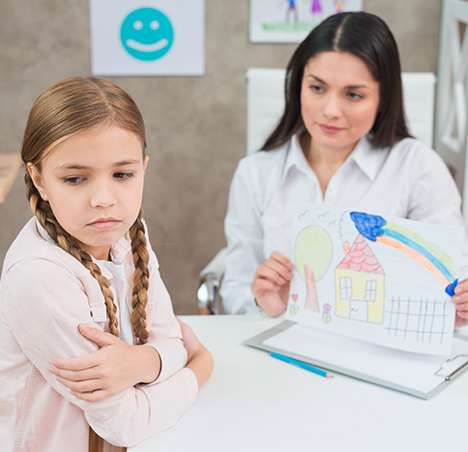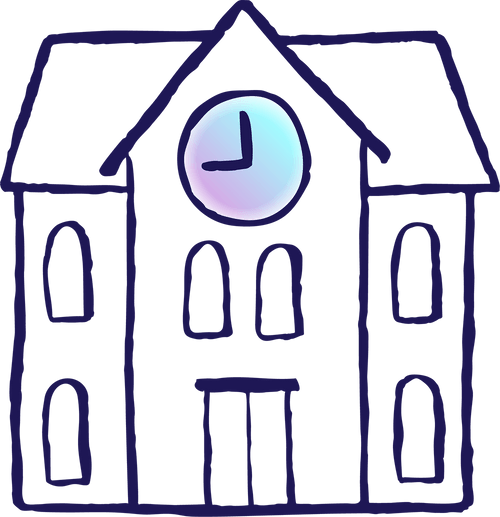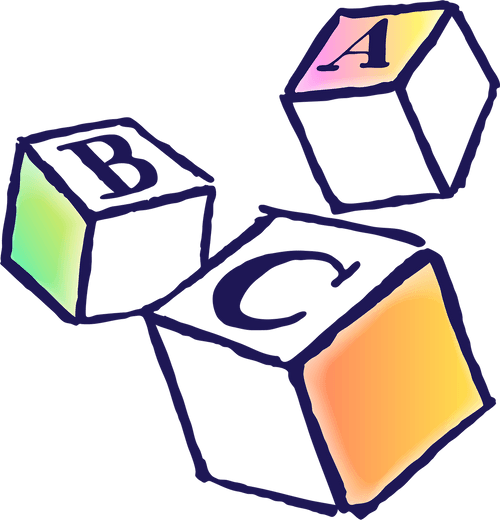ADHD For Children
- Home
- ADHD For Children
ADHD Services for Children
Our ADHD services for children offer specialized support tailored to meet the unique needs of young individuals with attention-deficit/hyperactivity disorder (ADHD). Our booking process is designed with families in mind, providing a seamless experience for scheduling assessments, therapy sessions

How an ADHD assessment works
From initial evaluations to personalized treatment plans, our team is dedicated to providing compassionate care that empowers children with ADHD to thrive and succeed.
1
Screening
Our assessment process for ADHD in children commences with preliminary screening tools designed to detect potential signs and symptoms. These screening tools, such as the Vanderbilt Assessment Scales or the Conners Rating Scales, help us identify areas of concern related to inattention, hyperactivity, and impulsivity.

Step
2
Information Gathering
Following the initial screening, we conduct in-depth interviews and assessments to gain a comprehensive understanding of the child’s behaviors, symptoms, and functioning across various settings. These assessments involve gathering information from multiple sources, including parents, teachers, and other caregivers.

Step
3
Multi-disciplinary assessment
Our diagnostic process entails a thorough assessment, including psychological testing and behavioral observations, to confirm the presence of ADHD and rule out other possible explanations for the symptoms. Psychological tests, such as the Wechsler Intelligence Scale for Children (WISC) and the Continuous Performance Test (CPT), may be administered to assess cognitive functioning and attentional abilities.

Step
4
Diagnostic Report
Based on the comprehensive assessment findings, we generate a detailed diagnostic report outlining the child’s ADHD diagnosis, strengths, areas of concern, and recommendations for treatment and support. The diagnostic report serves as a valuable resource for parents, educators, and other professionals.

Step
5
Support
Upon receiving a diagnosis of ADHD, children and their families are offered access to a range of evidence-based treatment options tailored to their specific needs. These may include medication, such as stimulants or non-stimulants, to address core symptoms of ADHD.


Understanding ADHD
Cherishing Amazing minds
Through advocacy, education, and support, we champion neurodiversity and strive to create a world where individuals of all abilities are valued and embraced for their talents and contributions. Our mission is to foster a culture of acceptance, understanding, and inclusivity, where individuals with diverse minds are empowered to thrive and fulfill their aspirations.
With a commitment to compassion and advocacy, we aim to create a brighter future where every amazing mind is cherished, respected, and given the opportunity to shine.
ADHD Signs
Your child may be experiencing…
We're here to answer your questions

